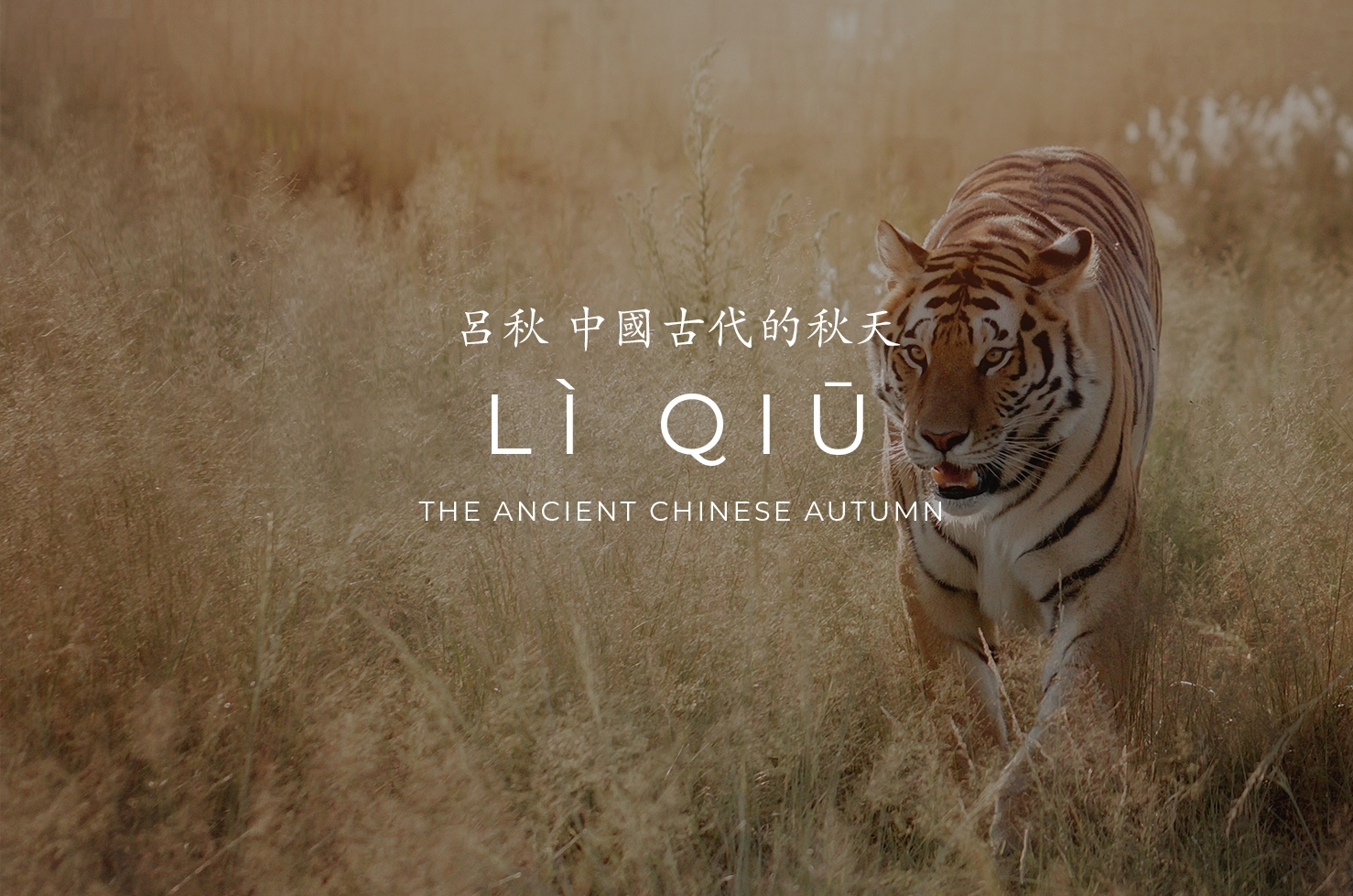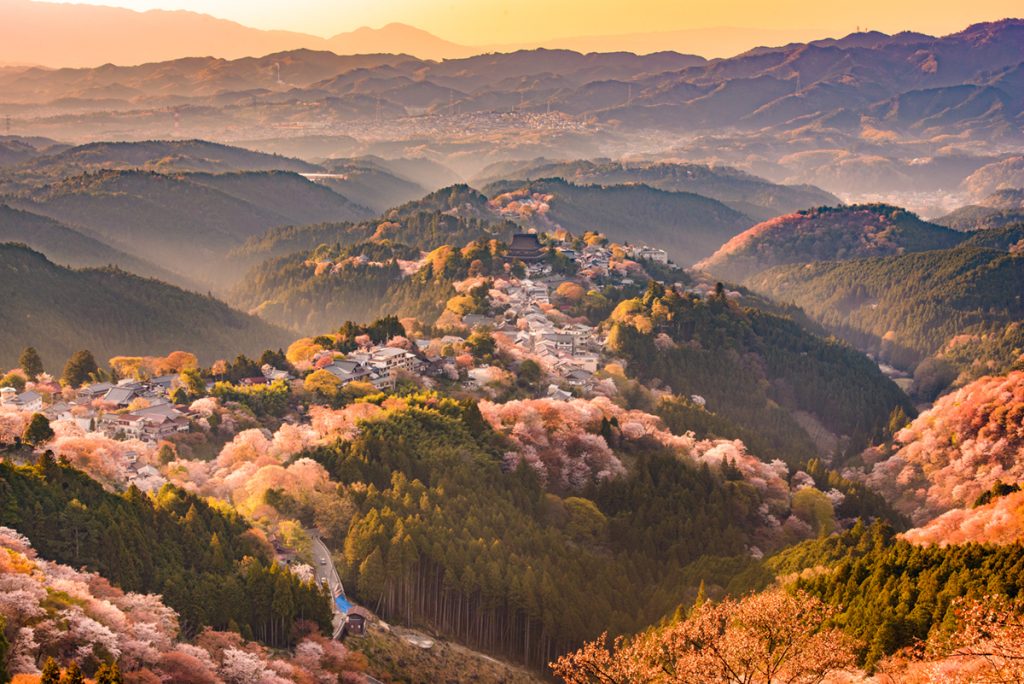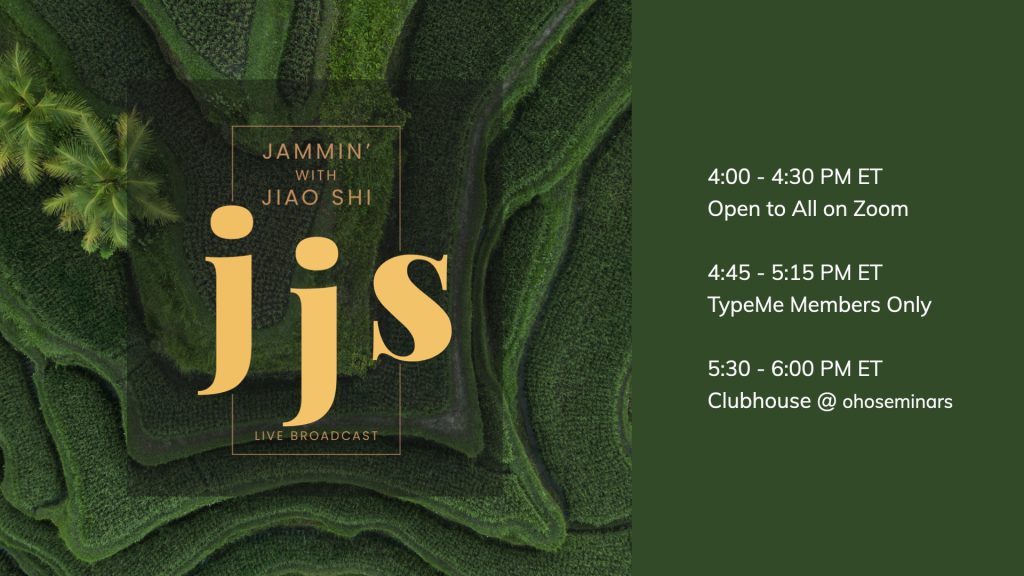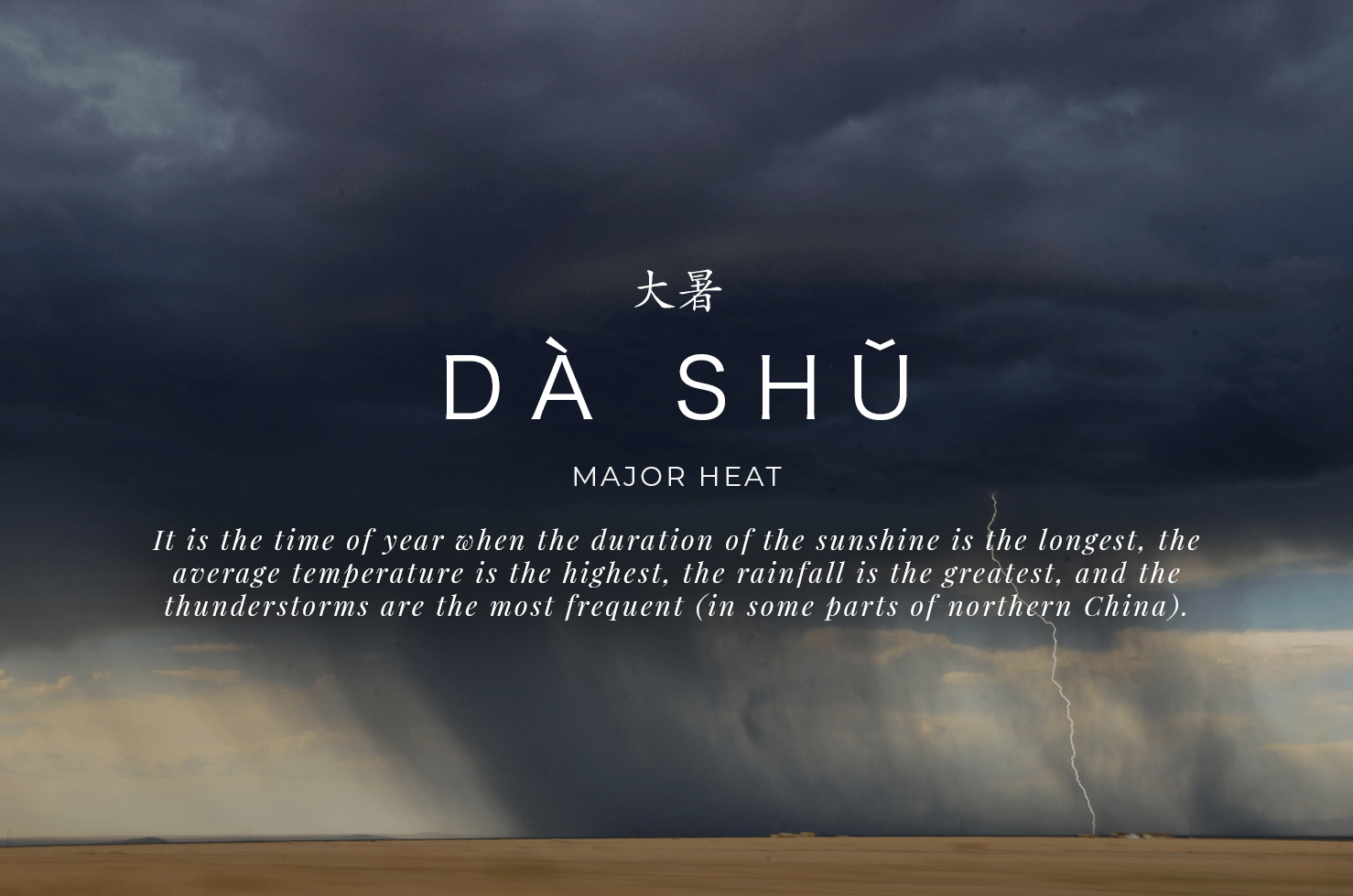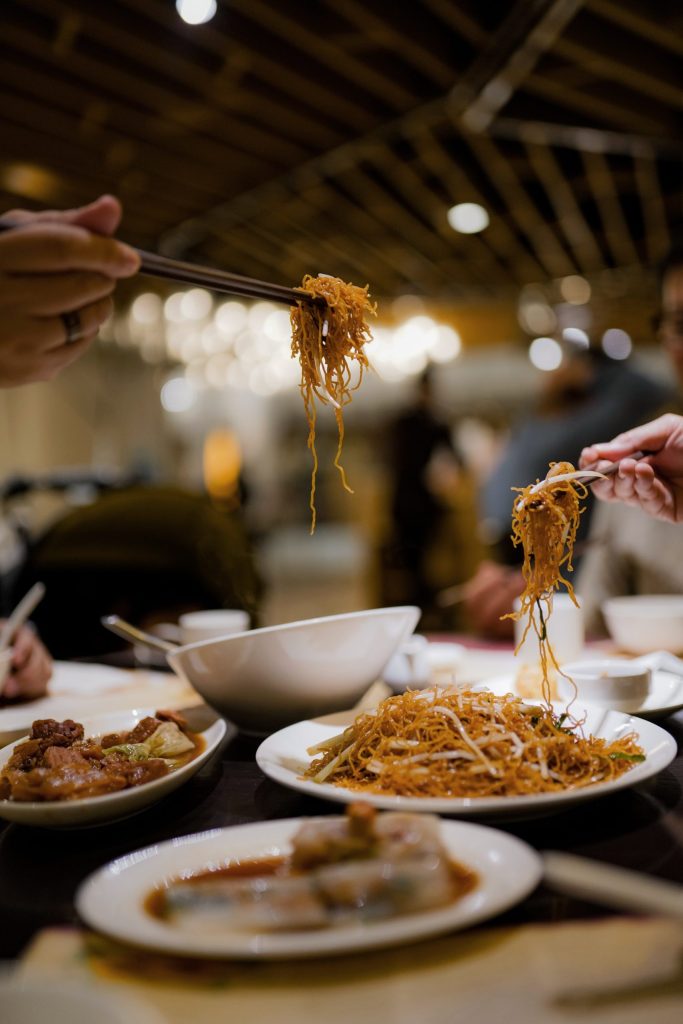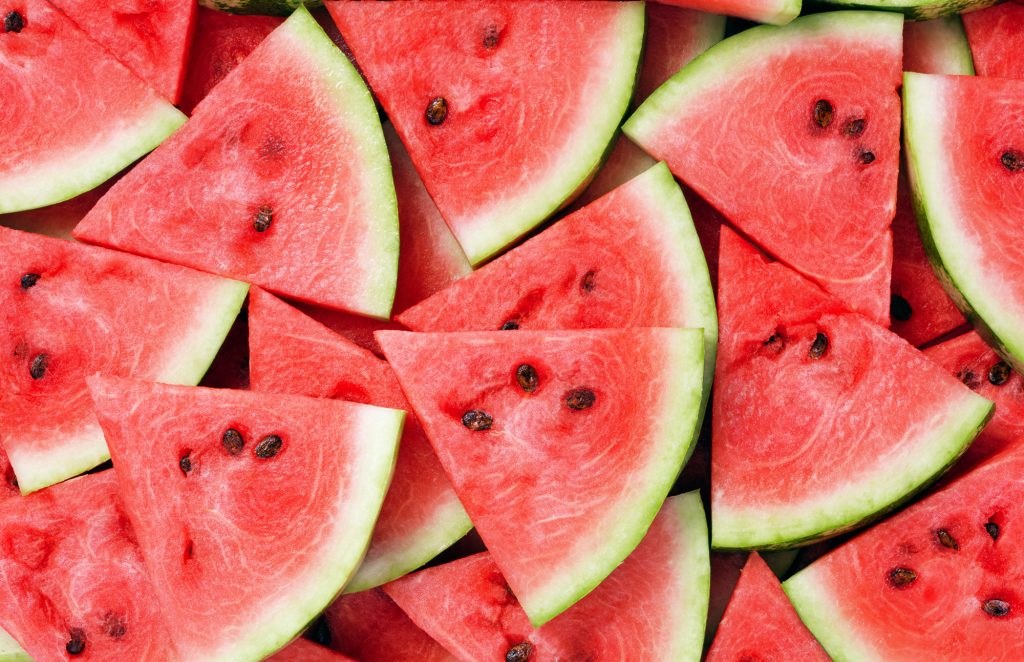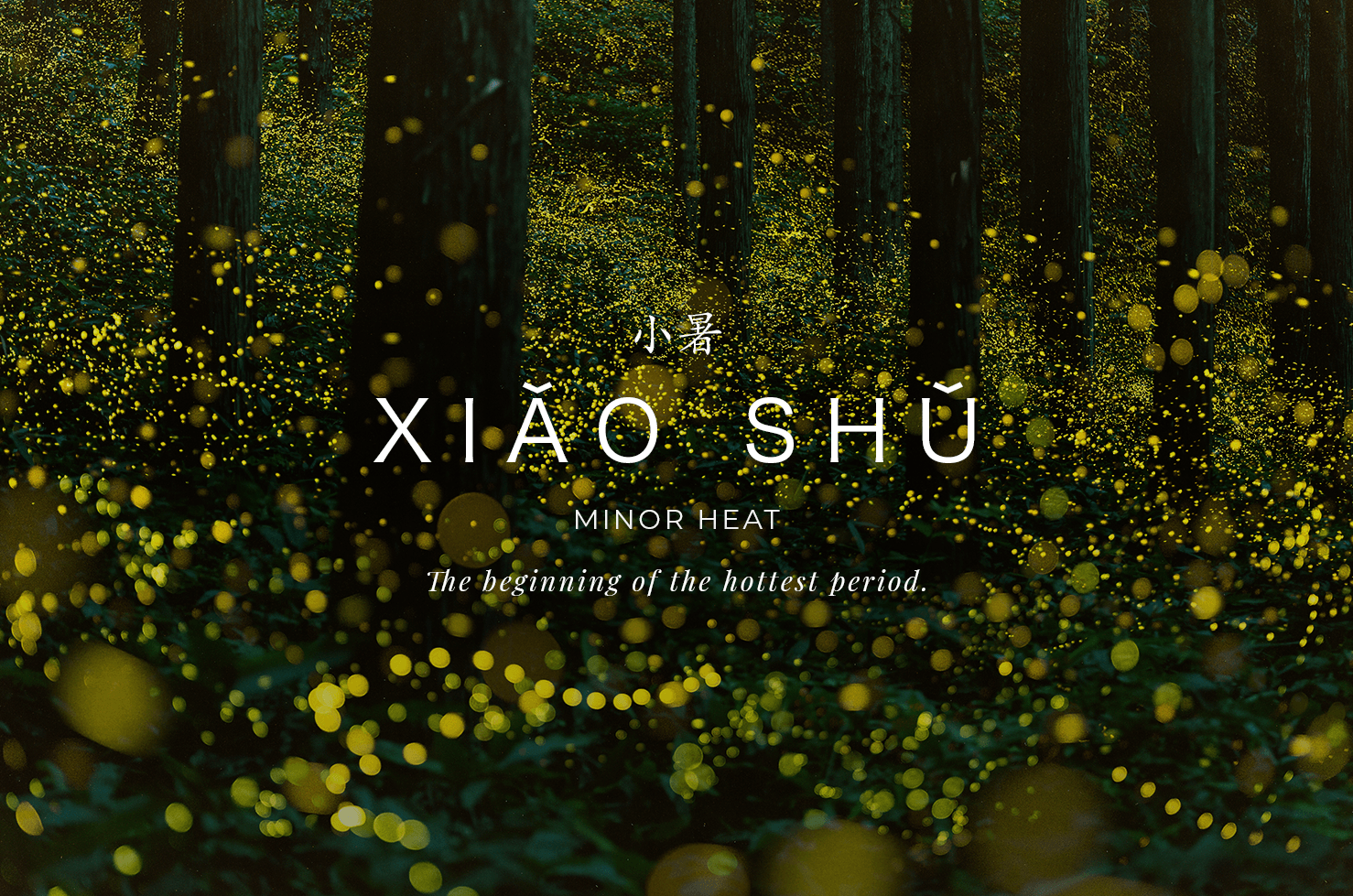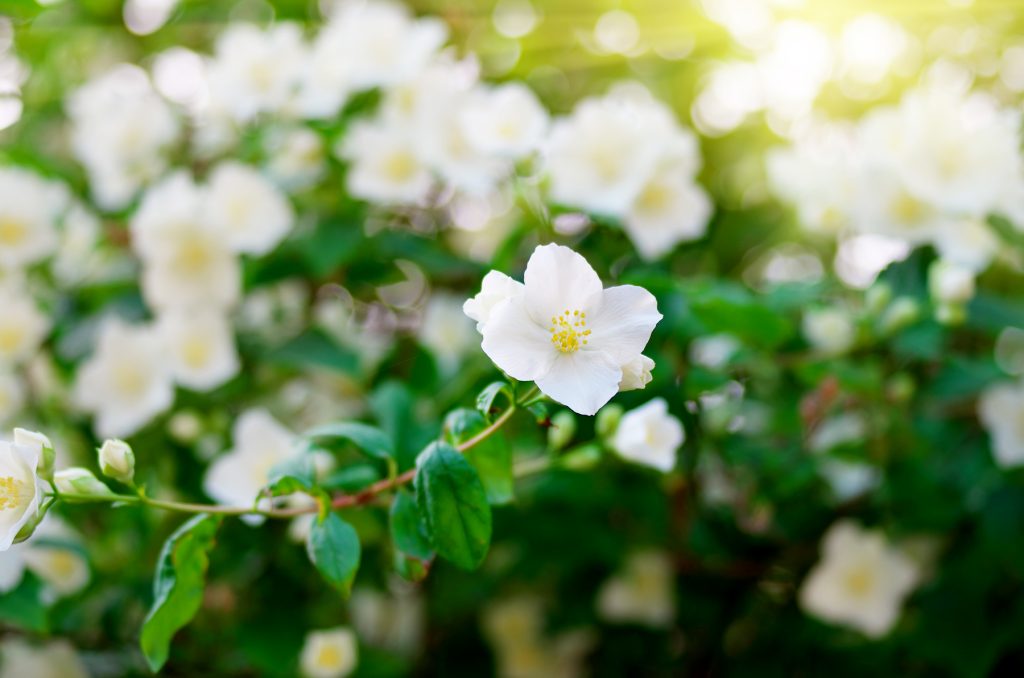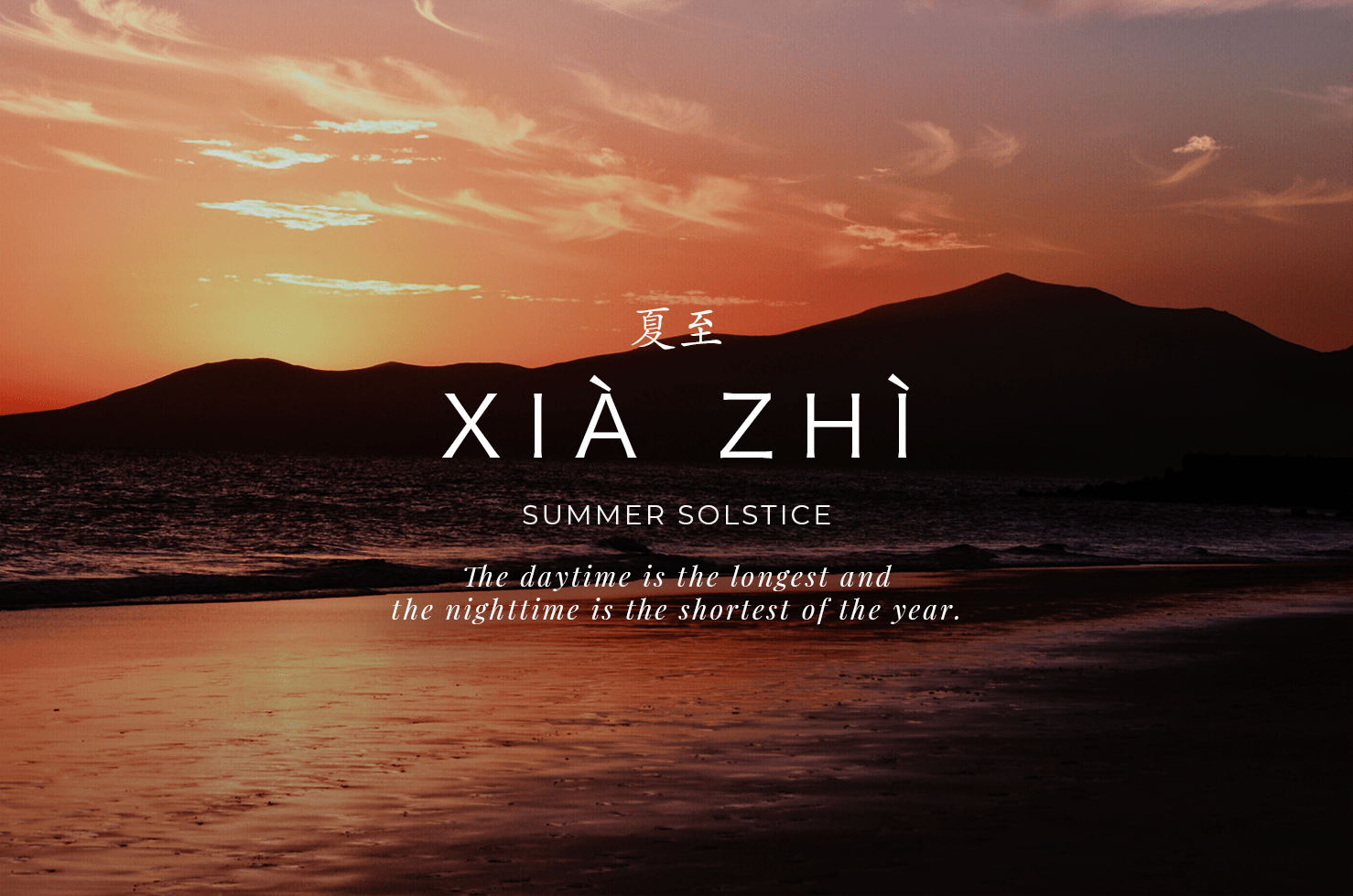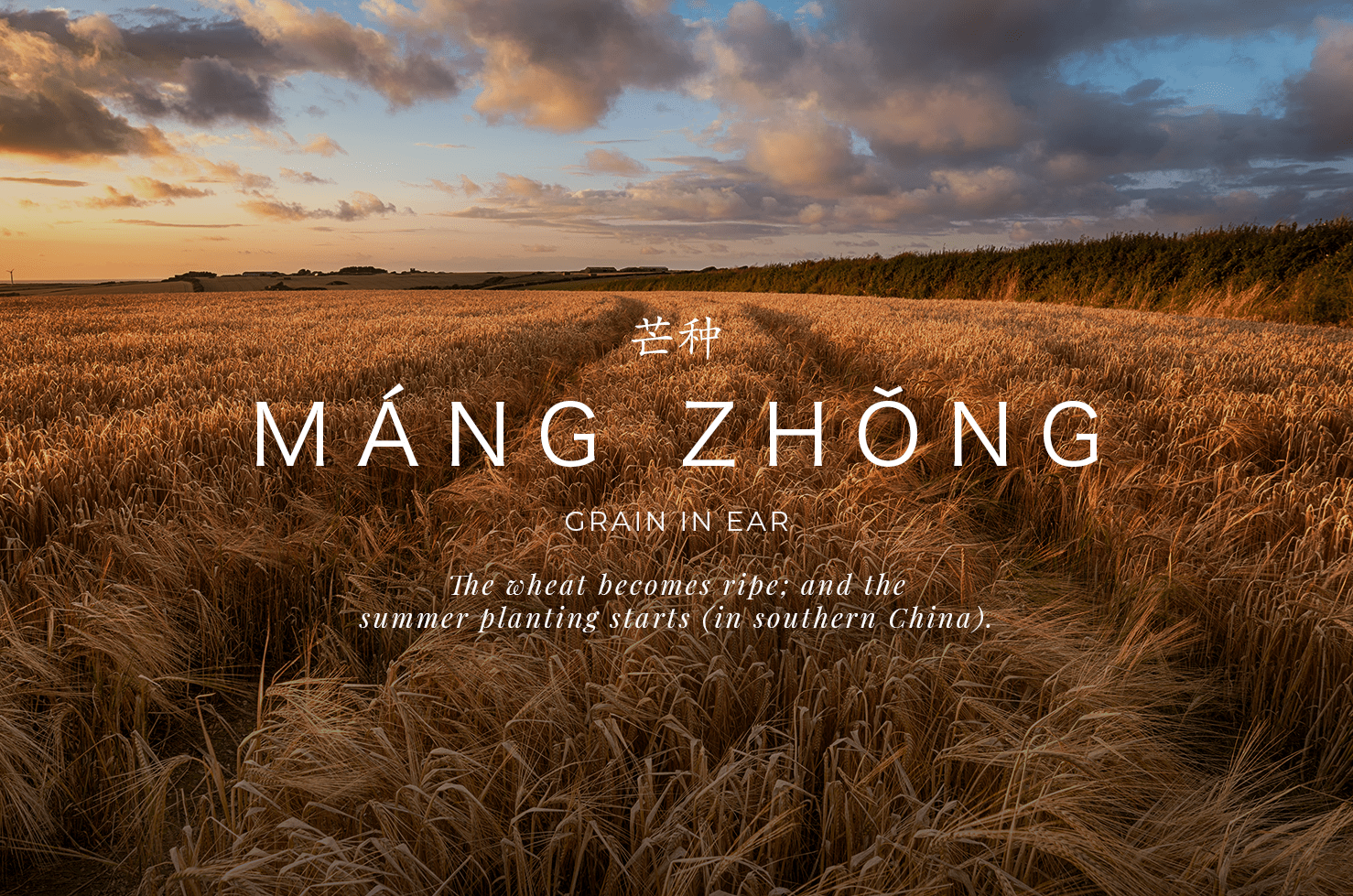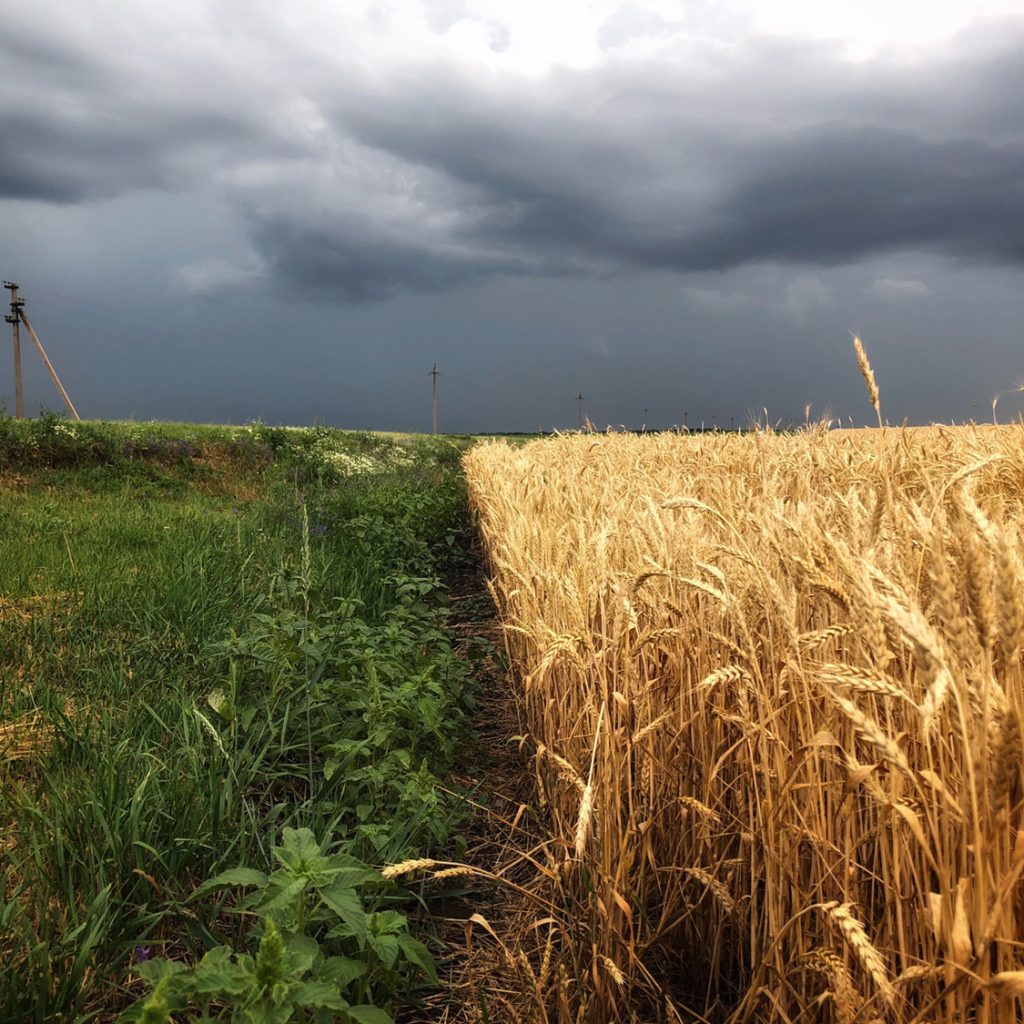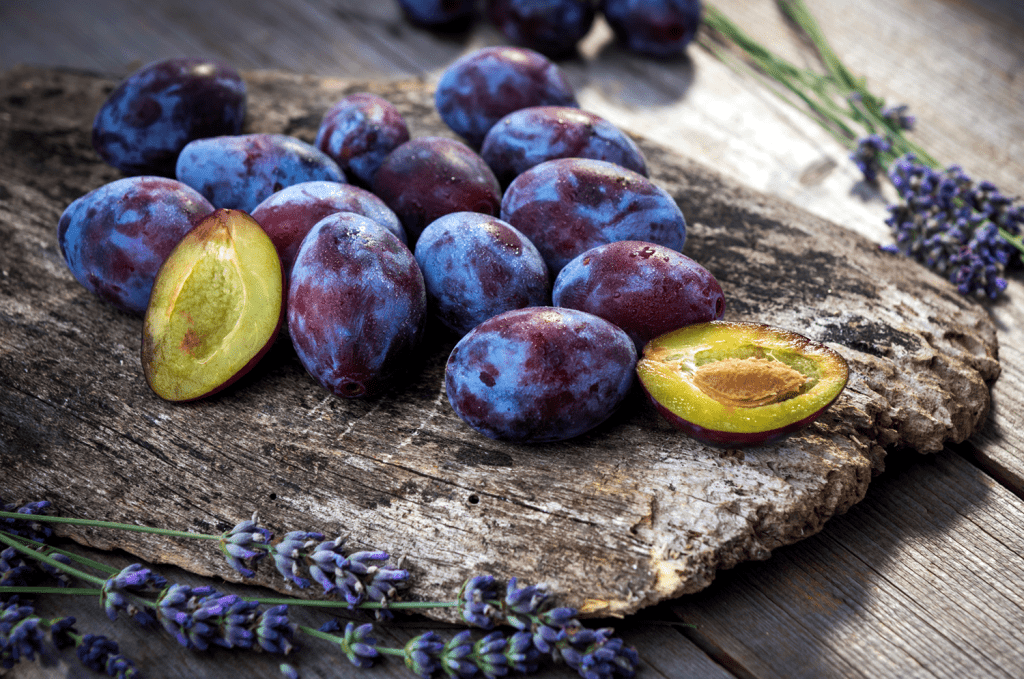Shuāng Jiàng: Frost Descent
霜降 Shuāng Jiàng: Frost Descent
October 23rd through November 6th marks the time of 霜降 Shuāng Jiàng, translated as Frost Descent, the 18th term in the Ancient Chinese Solar Calendar. It is also the sixth and final term of the autumn season.
霜降 Shuāng Jiàng begins when the Sun reaches the celestial longitude of 210° and ends at the longitude of 225°.
Each of the 24 solar terms is further divided into 3 pentads. The 霜降 Shuāng Jiàng pentads are:
1st pentad – 豺乃祭獸, ‘Dholes make offerings of the beasts’
2nd pentad – 草木黃落, ‘The plants yellow and shed leaves’
3rd pentad – 蟄蟲咸俯, ‘All insects go dormant’
Let’s look at the meaning of 霜降 Shuāng Jiàng, the Frost Descent solar term:
霜 Shuāng: frost
降 Jiàng: drop
Frost Descent Indications
“It is better to take tonic food for your health during Shuang-jiang than taking it every day for a whole year.”
-Ancient Chinese Proverb
霜降 Shuāng Jiàng marks the transition from autumn to winter. It refers to a time when frost starts to creep across China, beginning in the North, and the dew becomes frost thanks to falling temperatures.
During this time it is customary to appreciate the beautiful chrysanthemum flowers, which blossom during 霜降 Shuāng Jiàng. They are known as the “flower of longevity”. Long hikes were also suggested during Frost Descent, as it was believed that hiking in the mountains could increase lung ventilation and decrease disease during the winter months.
《山居秋暝》
【唐】王維
空山新雨後,天氣晚來秋。
明月松間照,清泉石上流。
竹喧歸浣女,蓮動下漁舟。
隨意春芳歇,王孫自可留。
After fresh rain in the bare mountains,
Autumn permeates the evening air.
Among pine trees bright moonbeams peer;
Over crystal stones flows water clear.
Bamboos whisper of washer-maids;
Lotus stirs when boat fishing wades.
Though fragrant spring may pass away,
Still here’s the place for you to stay.-“Autumn Evening in the Mountains” by Wang Wei (699–759)
May you continue to balance and harmonize yourself as we transition into Frost Descent!
Don’t forget to check out the newest videos on our YouTube Channel
Jammin’ With Jiao Shi
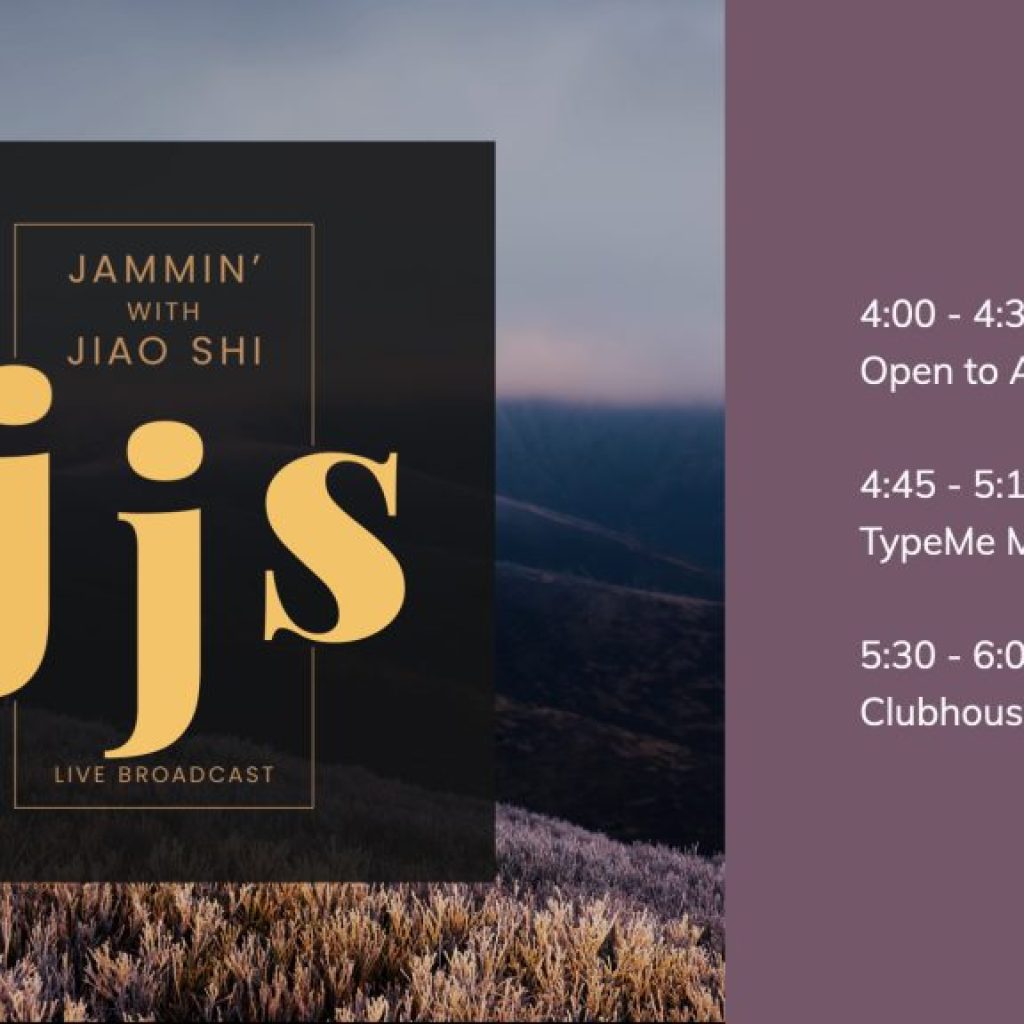

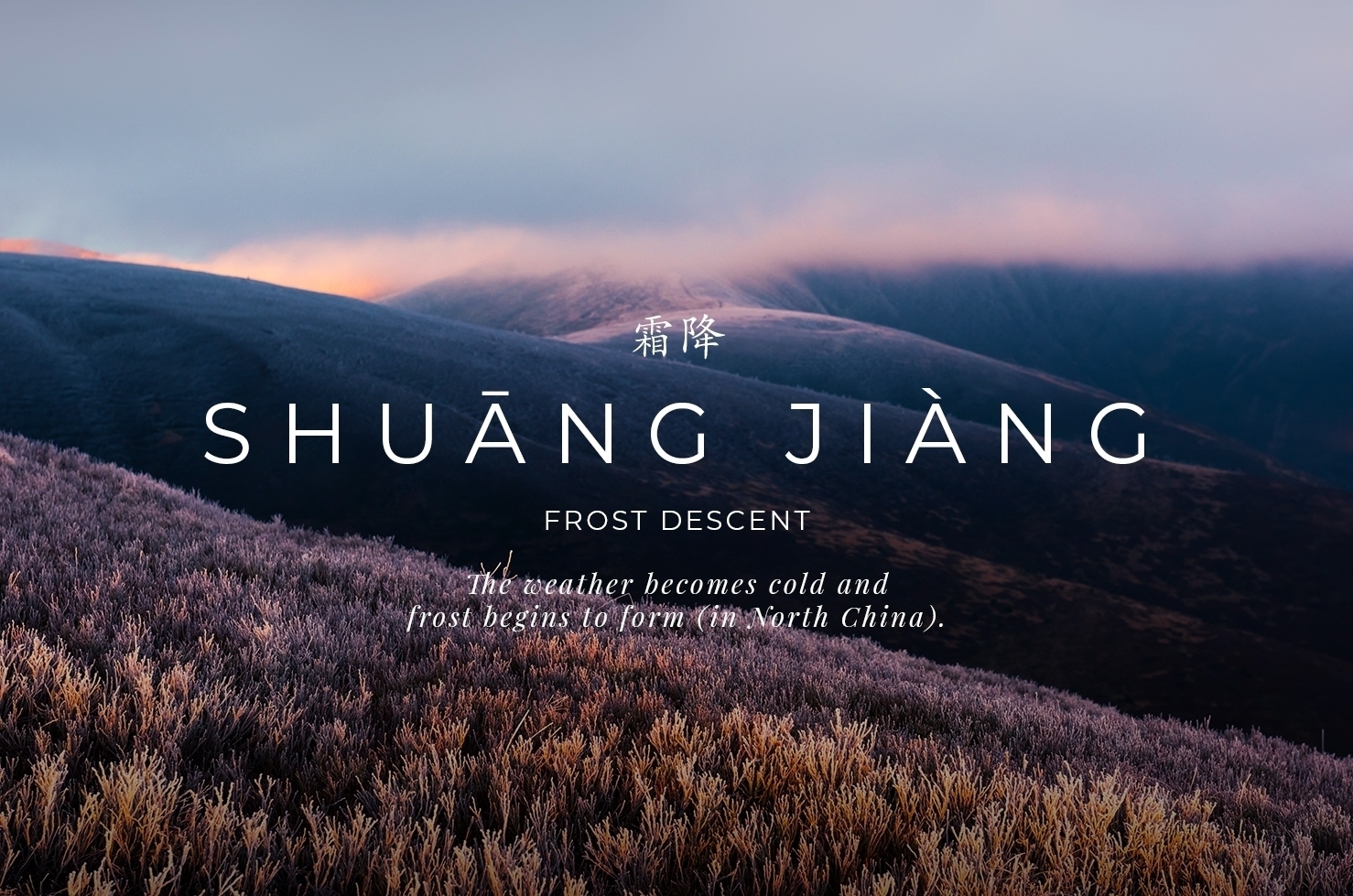
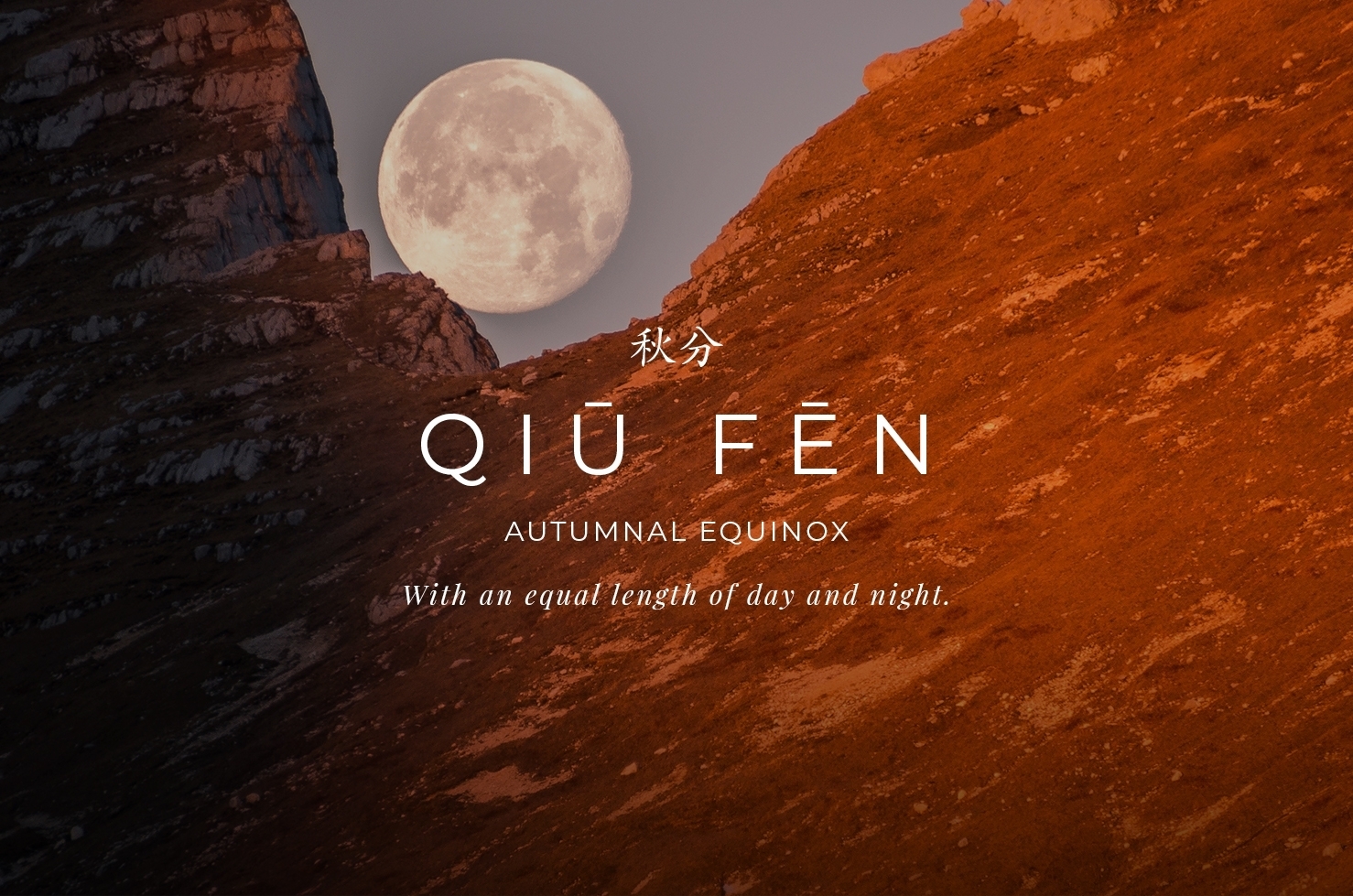
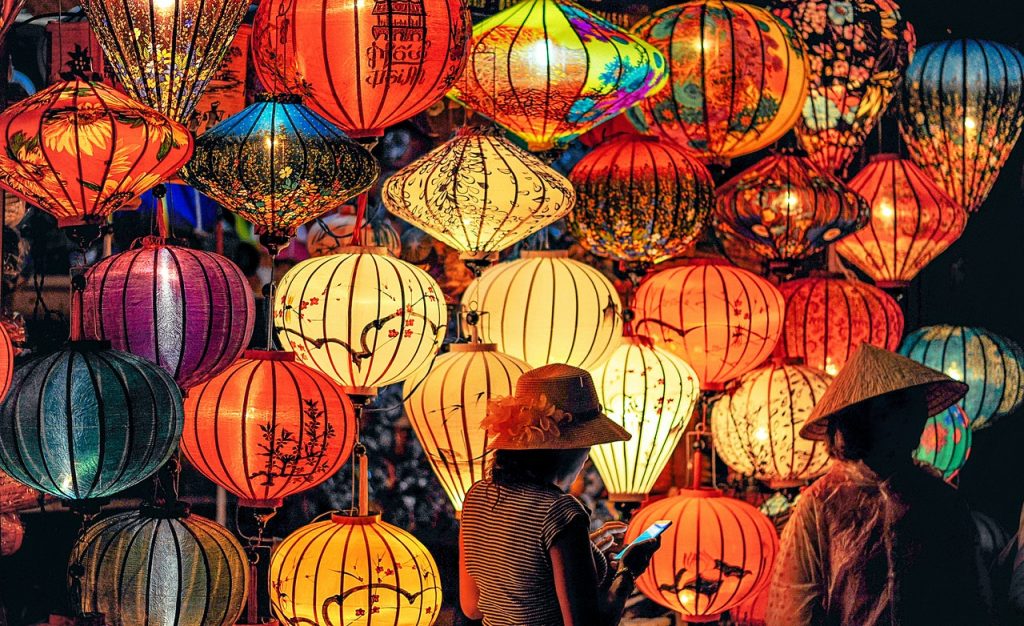

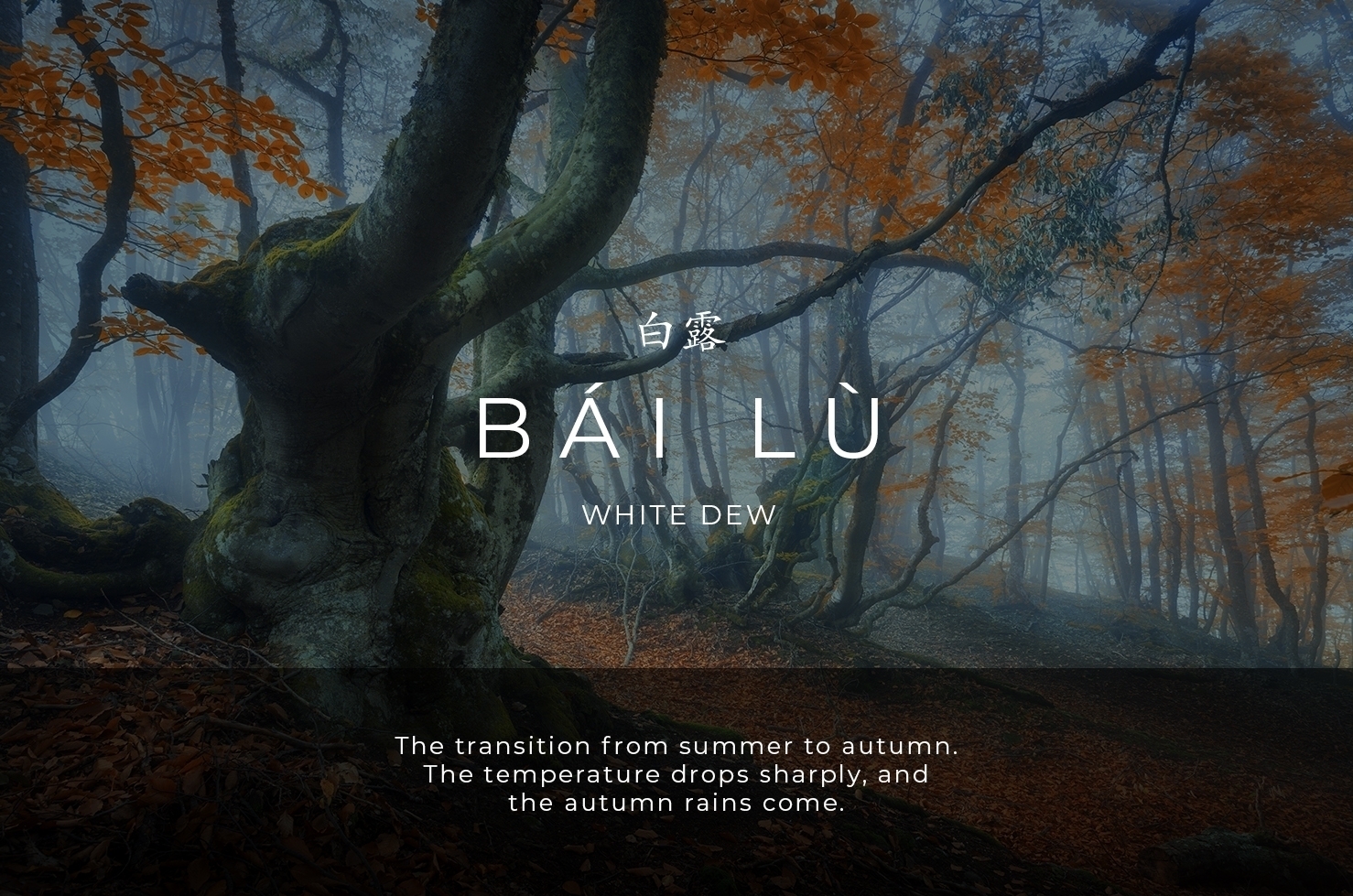
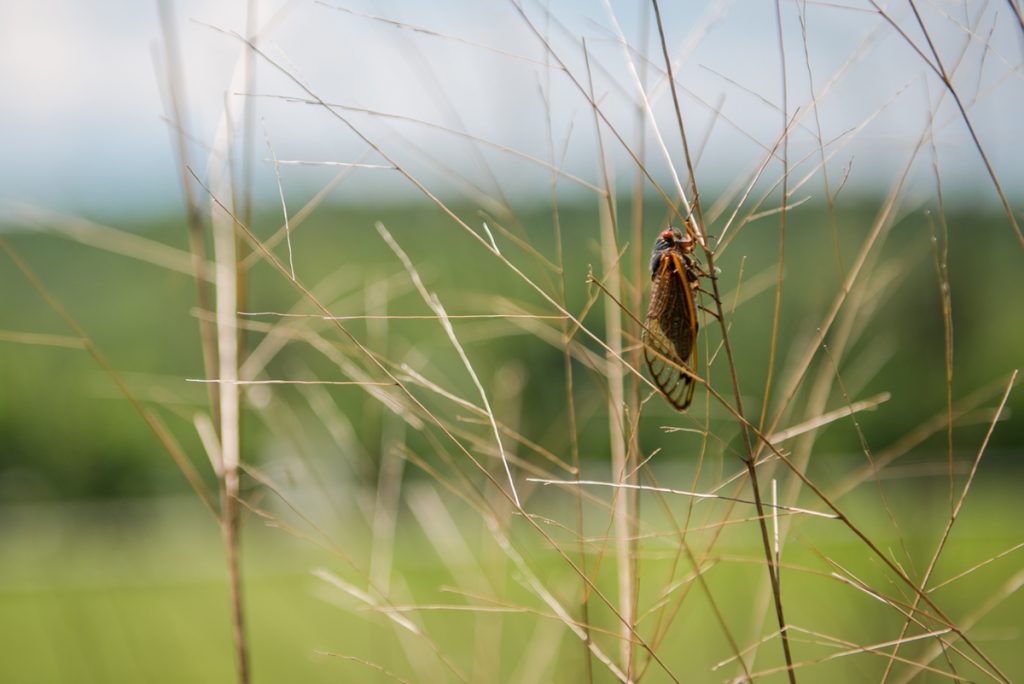
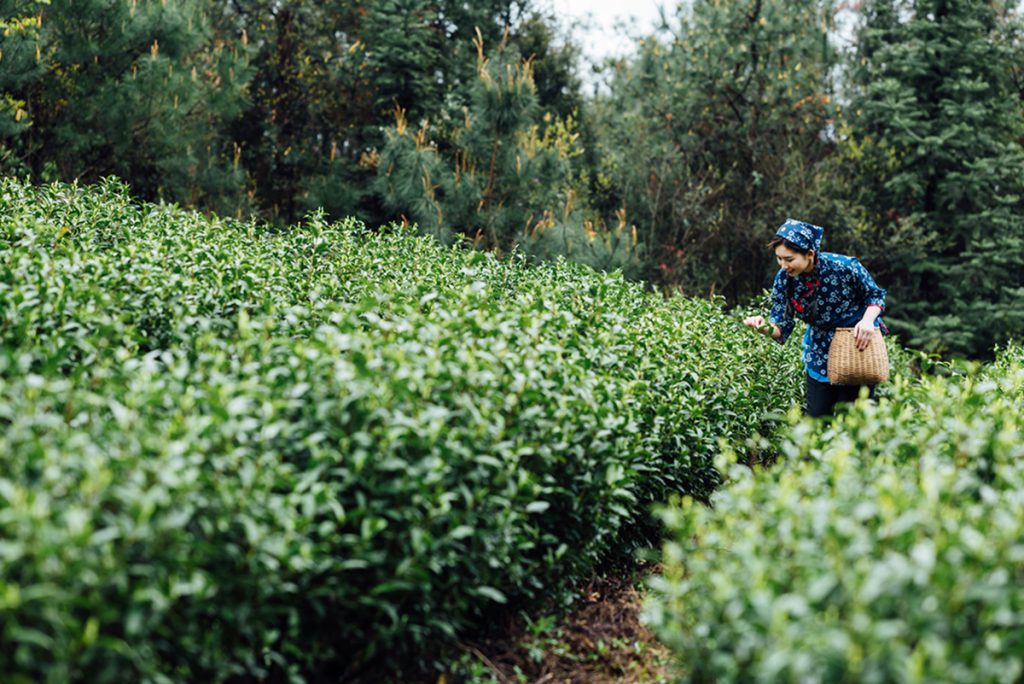
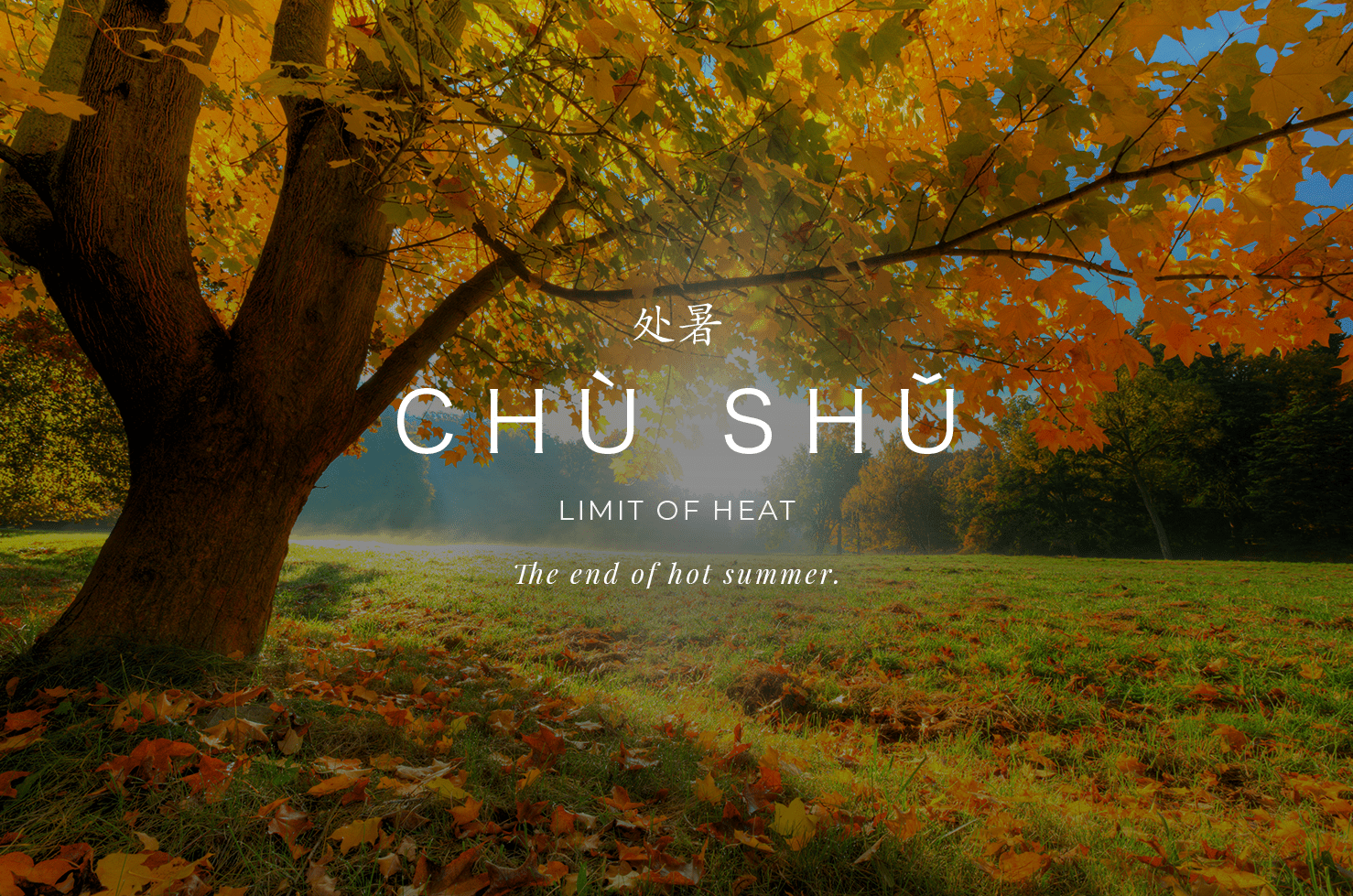
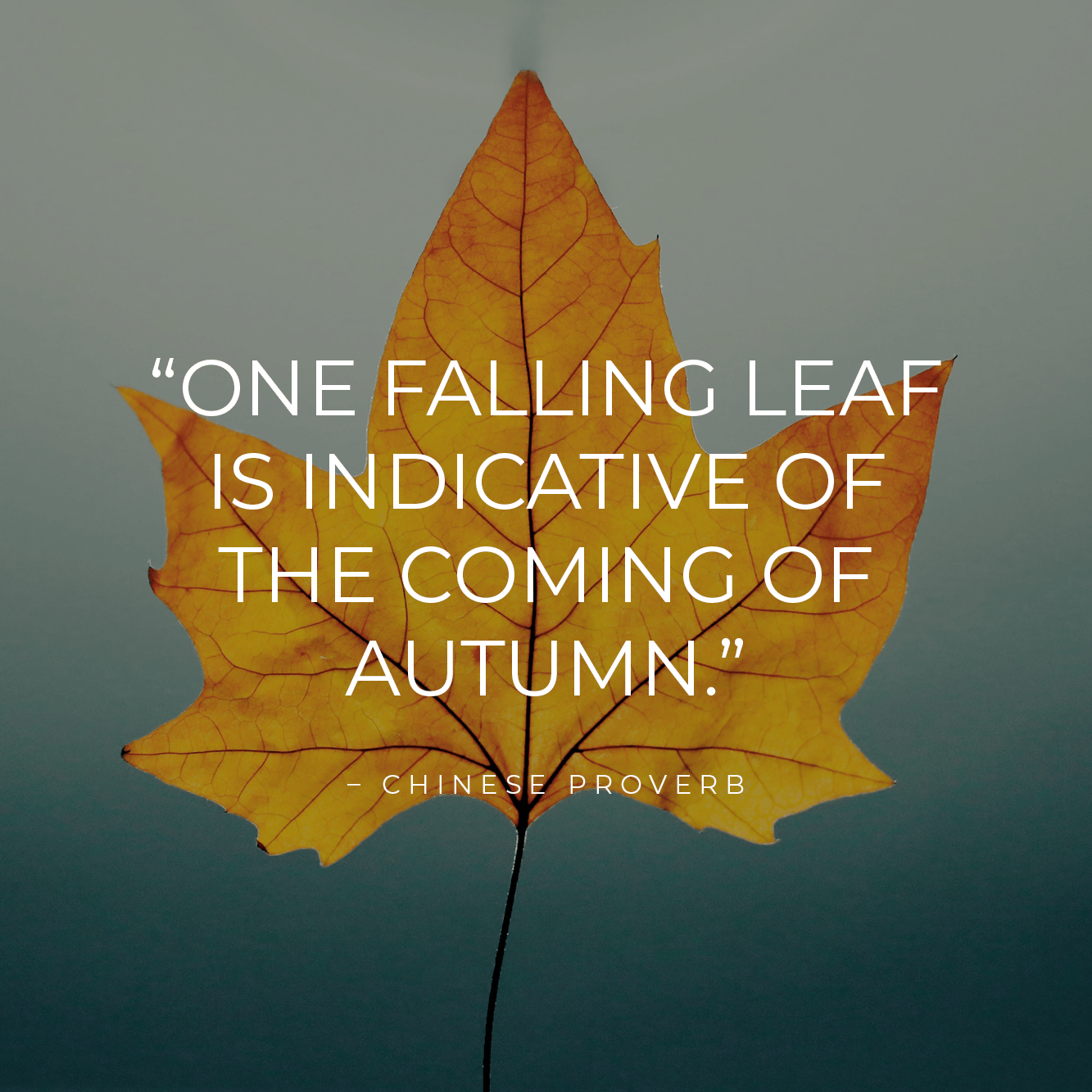


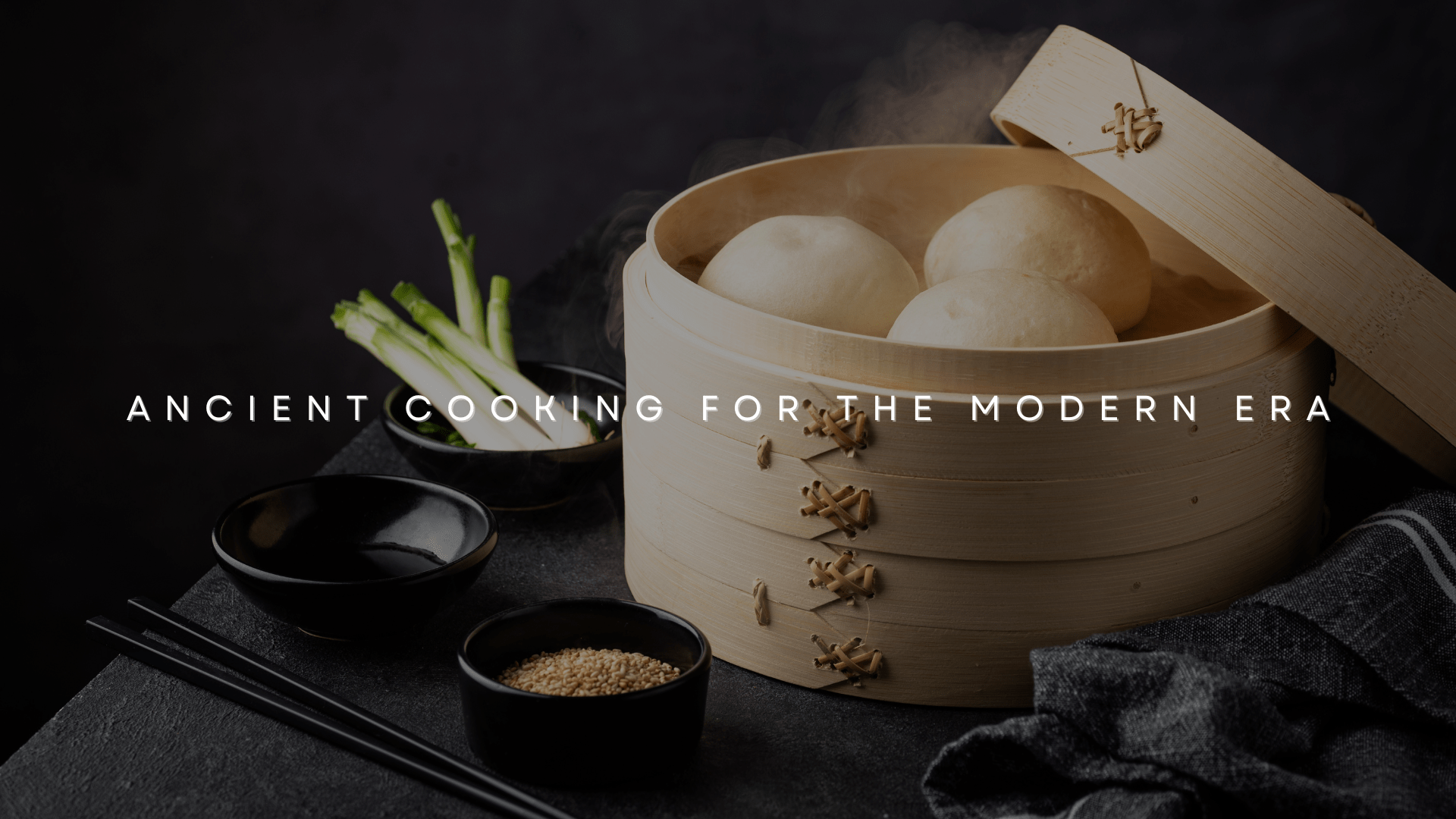
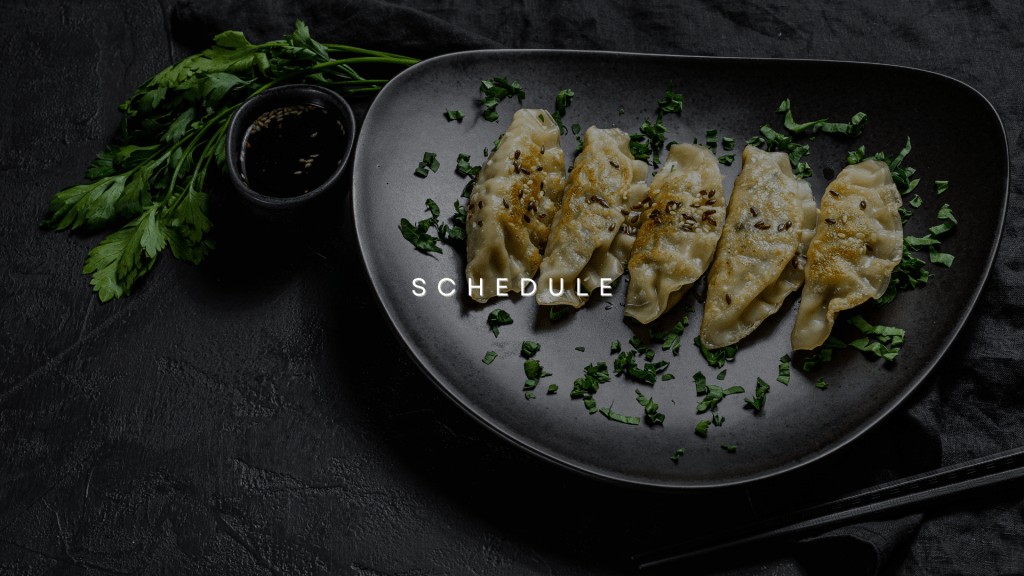
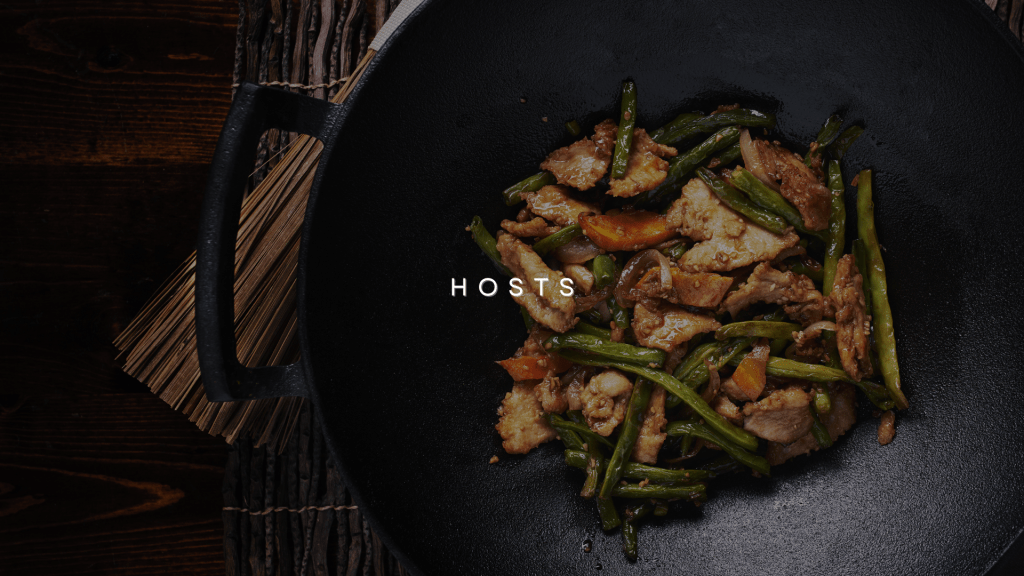
 Jiao Shi (Teacher), ‘Dr. Kamal’ @ohoseminars
Jiao Shi (Teacher), ‘Dr. Kamal’ @ohoseminars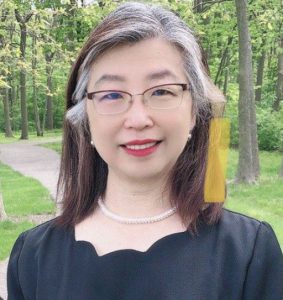
 Chef Mimi Lan @thetastecurator
Chef Mimi Lan @thetastecurator